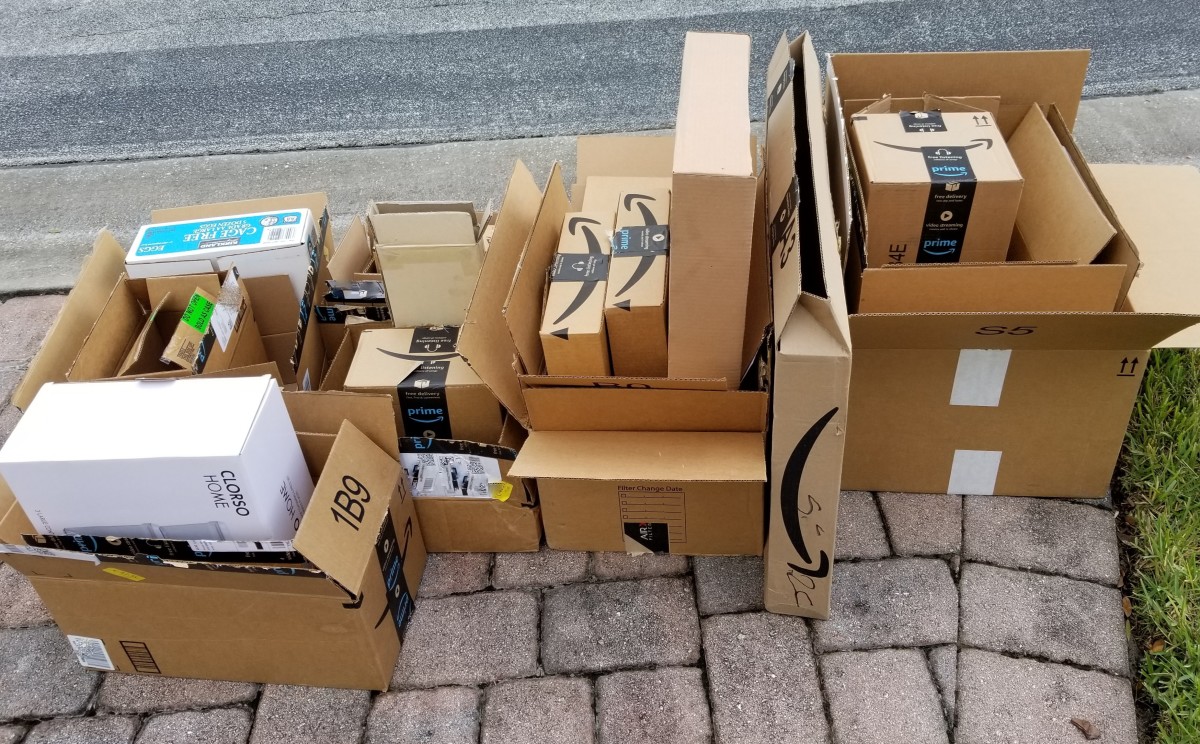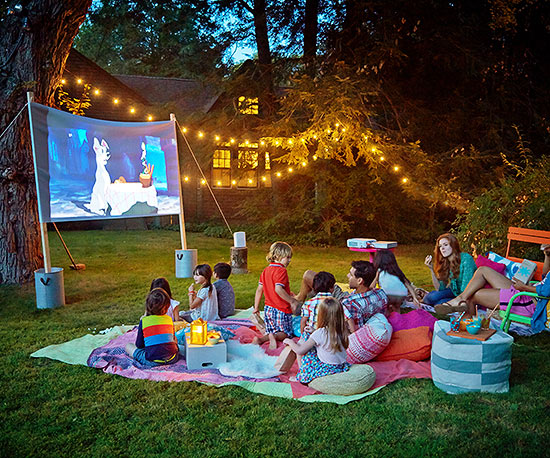Have You Outgrown Your House?

Your house was no less than perfect when you first bought it, and now, after time and changes in your life, things seem to be getting tighter with every day that goes by! How do you know you have outgrown the space and need to think about upsizing? Here are a few tips to help you decide:
-
One indication that you are running out of space is clutter. Totes of stored seasonal clothing stacked in the bedroom corner, or maybe you no longer invite friends over because the clutter is embarrassing. It is either time to declutter or move!
-
Another sign to look for is furniture that is crammed into any available spot.
-
If it is hard to walk through the maze of pieces you have acquired over the years, they need to be displayed or set up properly so you can enjoy them.
-
Probably the most aggravating thing about living in a house that is too small is having to wait for a bathroom! Even a bath-and-a-half may not be enough. It may be time to find a house with two or more full bathrooms.
-
If you are one of the millions that are working from home now more than ever, your home office has probably taken over previously public space in the house. A house with square footage for a home office will allow everyone to get back in their own room!
-
In today’s world, it may be necessary for the grown and flown children to come back to the nest. Have you changed their bedroom into a craft room or knocked the wall out to enlarge another space? Other than putting the wall back up, find a new home with room for everyone.
-
On the other side of the coin, do your parents need to move in? That will mean giving up your own space so they can have some independence and privacy. Purchasing a larger home with an in-law suite would be a better solution.
Remember: getting more room for you and your family may not necessarily mean having to spending more money. Something as simple as changing neighborhoods or even surrounding cities can give more bang for your buck. Comb through your budget and schedule a time to talk to your Realtor® about looking for a larger but affordable new home!
Courtesy of New Castle County DE Realtors Tucker Robbins and Carol Arnott Robbins.
Photo credit: Irish Mirror


.jpg)











